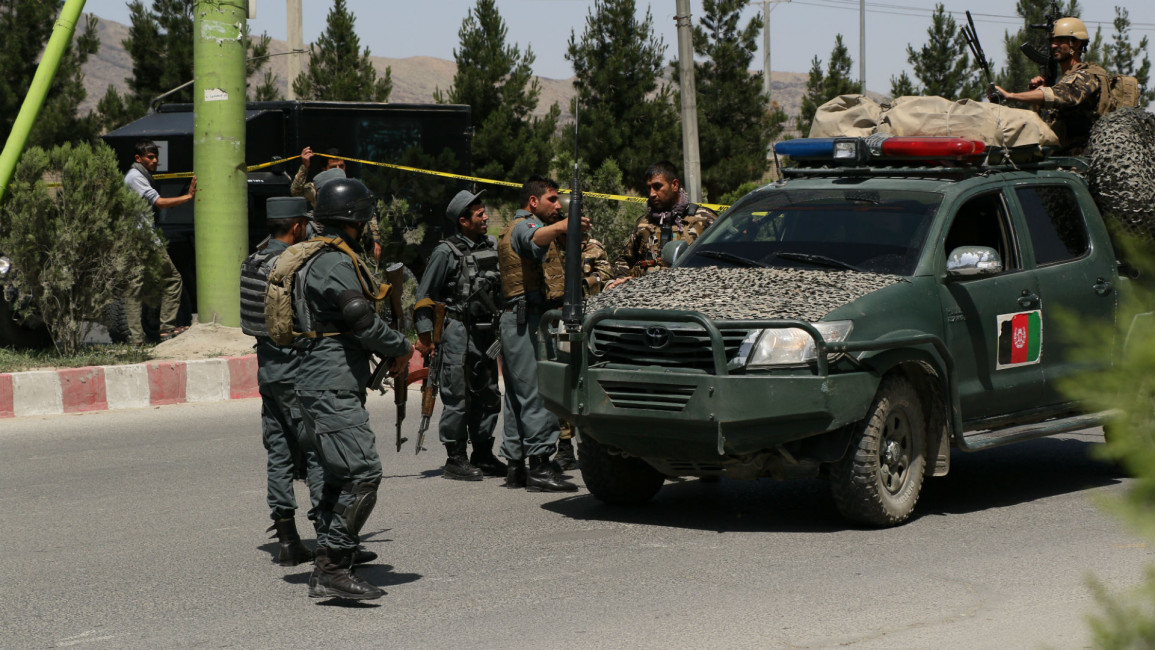Crucial Afghan presidential elections delayed by three months
Afghanistan's presidential elections have been delayed until 20 July, an event viewed as a litmus test for the country's future stability and security following ongoing talks between the US and Taliban.
The Independent Election Commission (IEC) announced on Sunday that presidential, provincial and district council elections - and a previously postponed parliamentary vote in Ghazni province - will all be held on 20 July.
The elections were expected to be postponed to create space for US-led efforts to end the 17-year war with the Taliban.
IEC chief Abdul Badi Sayyad told reporters that the presidential ballot was originally scheduled for 20 April will be held three months later in July.
The original date was viewed as unlikely given that the IEC was still finalising results of October's shambolic parliamentary elections.
A spokesman for President Ashraf Ghani, who plans to seek re-election, welcomed the new timeline.
"The Afghan government respects the decision by the IEC and is prepared to cooperate with the commission in holding the election in July," Haroon Chakhansuri said in a statement.
The decision to hold the elections simultaniously follow talks between political leaders and security chiefs, and give electoral workers time correct some errors made in last year's elections.
It should also give the government more time to help stabilise the security situation in the country given repeated bombings, shootings and kidnappings.
The Afghan government has tried to establish direct talks with the Taliban, but the movement again publically rejected Kabul's overtures on Sunday.
The movement has held talks with the US, with a meeting scheduled between Taliban and American officials next month.
The US hopes to strike a truce with the Taliban in time for next year's presidential elections, which would allow it to scale back its military presence in Afghanistan.
Despite the ongoing talks, a Taliban and Islamic State group insurgency has seen lawlessness in large parts of Afghanistan and almost daily attacks on security forces and civilian targets.
The Taliban claim to control 70 percent of Afghanistan's territories, although NATO believe it is around a half of the country.



